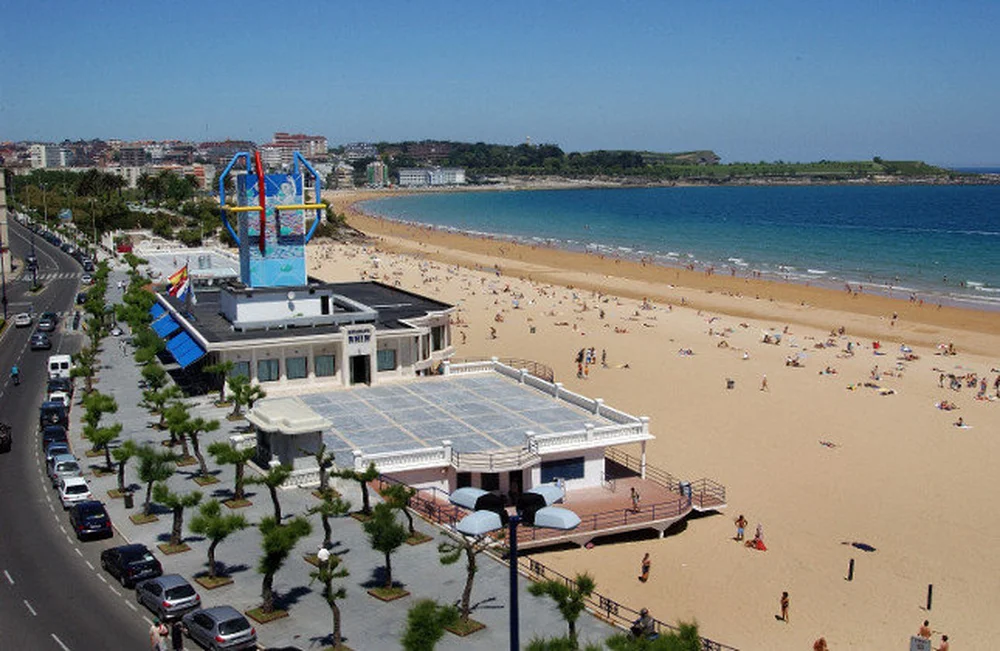Rising Costs and Demand in Cantabria's Rental Market: A Challenge for Expats and Locals Alike

In the picturesque region of Cantabria, Spain, the rental market is experiencing a significant surge in costs and demand, posing a considerable challenge for both expats and local residents. Here’s a detailed look at the current state of affairs and what it means for those seeking to rent a home in this beautiful part of Spain.
Increasing Demand and Shrinking Supply
The demand for rental properties in Cantabria has skyrocketed, mirroring a national trend seen across Spain. According to recent reports, the supply of rental housing has remained relatively stable, but the number of interested renters has skyrocketed. For instance, in neighboring regions like Catalonia and the Basque Country, areas have been officially declared as "stressed residential zones" due to the overwhelming demand and limited supply[2].
In Cantabria, this trend is particularly evident. The region, known for its stunning natural beauty and rich cultural heritage, is attracting more people who are looking to relocate. However, this increased interest is not matched by an equivalent increase in the number of available properties. As a result, each flat that is put up for rent receives a multitude of expressions of interest, making the competition fierce.
Rising Rental Prices
The financial burden of renting in Cantabria is becoming increasingly heavy. Rental prices have seen a significant increase over the past few years, partly due to the high demand and limited supply. This rise is consistent with broader national trends, where regions like Barcelona and Madrid have also witnessed substantial hikes in rental costs[2].
The new Housing Law in Spain, set to take effect in 2025, aims to regulate rental price increases by introducing a maximum increase of 3% for contracts that update the rent during 2024. However, this may not immediately alleviate the current pressure on renters in Cantabria, who are facing higher costs and intense competition for available properties[3].
Government Initiatives and Regulatory Changes
The Spanish government is taking steps to address the broader housing crisis through various initiatives. For example, there are plans to build 43,000 affordable rental homes across Spain, backed by significant financial support. While these efforts are aimed at making urban living more accessible, their impact on regions like Cantabria, where demand is high and supply is limited, remains to be seen[1].
Additionally, the new Housing Law introduces several protections for tenants, including an extraordinary extension of one year for contracts in cases of social and economic vulnerability and the shift of property management and contract formalization costs from tenants to landlords. These changes are designed to provide more stability and protection for renters but may not immediately address the issue of rising costs and high demand[3].
Impact on Expats and Local Residents
For expats considering moving to Cantabria, the current rental market presents several challenges. The high demand and limited supply mean that finding an affordable and suitable property can be extremely difficult. Expats may need to act quickly when a property becomes available and be prepared to face higher rental prices.
Local residents are also feeling the pinch. The rising costs are making it harder for people to find affordable housing, leading to a situation where many are struggling to secure a place to live. This is particularly concerning in areas where the economy is not as robust, and the financial burden of high rents can be overwhelming.
Conclusion
The rental market in Cantabria is undergoing significant changes, driven by high demand and limited supply. While government initiatives aim to address the broader housing crisis, the immediate impact on regions like Cantabria remains uncertain. For both expats and local residents, navigating this challenging market requires careful planning, quick action, and a deep understanding of the local and national regulatory landscape. As Cantabria continues to attract more people, it is crucial for policymakers and stakeholders to work towards creating a more balanced and affordable housing market.
Related Stories

Hermigua Municipality Initiates Public Housing Project with Land Acquisition
Hermigua on La Gomera announces a public tender for land to build public housing, aiming to meet the growing demand for affordable living spaces.

Canary Islands Grapple with Demographic and Migration Challenges: Local Solutions Proposed
Facing demographic and migration challenges, the Canary Islands propose measures to integrate migrants and address an aging population, amid a surge in arrivals.

Economic Ways to Heat Your Home This Winter: OCU's Guide for Expats in Spain
OCU shares three cost-effective heating methods for expats in Spain, including optimizing heating systems, using layered insulation, and smart heating schedules, to cut winter bills.

Hostelers in Cantabria Demand Regulation of Tourist Apartments, Campervan Areas, and Street Parties
Hostelers in Cantabria call for regulation of tourist apartments, campervan areas, and street parties to combat unfair competition and ensure a level playing field in the hospitality industry.

New Housing Development Approved in Puerto Naos, La Palma
La Palma's Cabildo approves 21 new homes in Puerto Naos, aiming to boost local housing, economy, and tourism while preserving natural beauty.